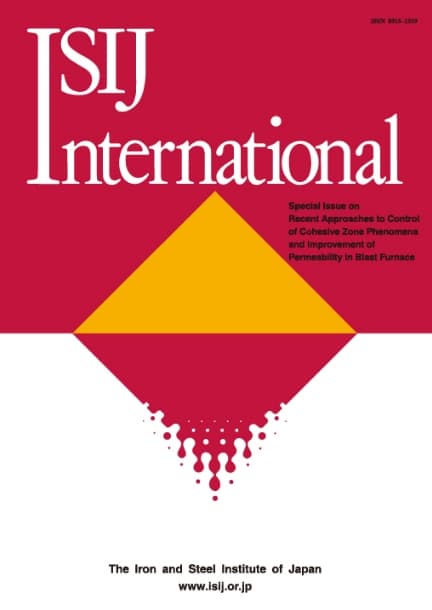Magnetic Crystalline Alignment
Shigeo Asai
pp. 519-522
Abstract
A new technology relating to crystalline alignment and texture control has emerged by the development of superconducting technologies. Its principle based on magnetization force can be applied to non-magnetic materials with asymmetric unit cells. In this paper, the principle is described and the recent development of the magnetic crystalline alignment of inorganic materials is summarized.
Readers Who Read This Article Also Read
MATERIALS TRANSACTIONS Vol.43(2002), No.8
ISIJ International Vol.48(2008), No.7
ISIJ International Vol.43(2003), No.6










